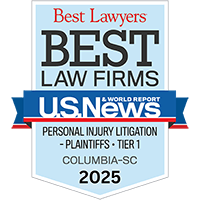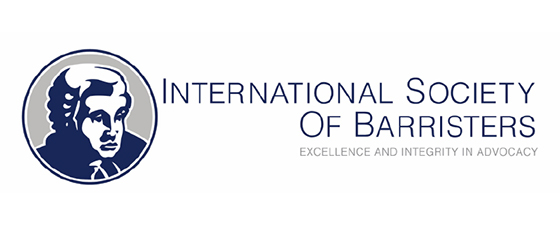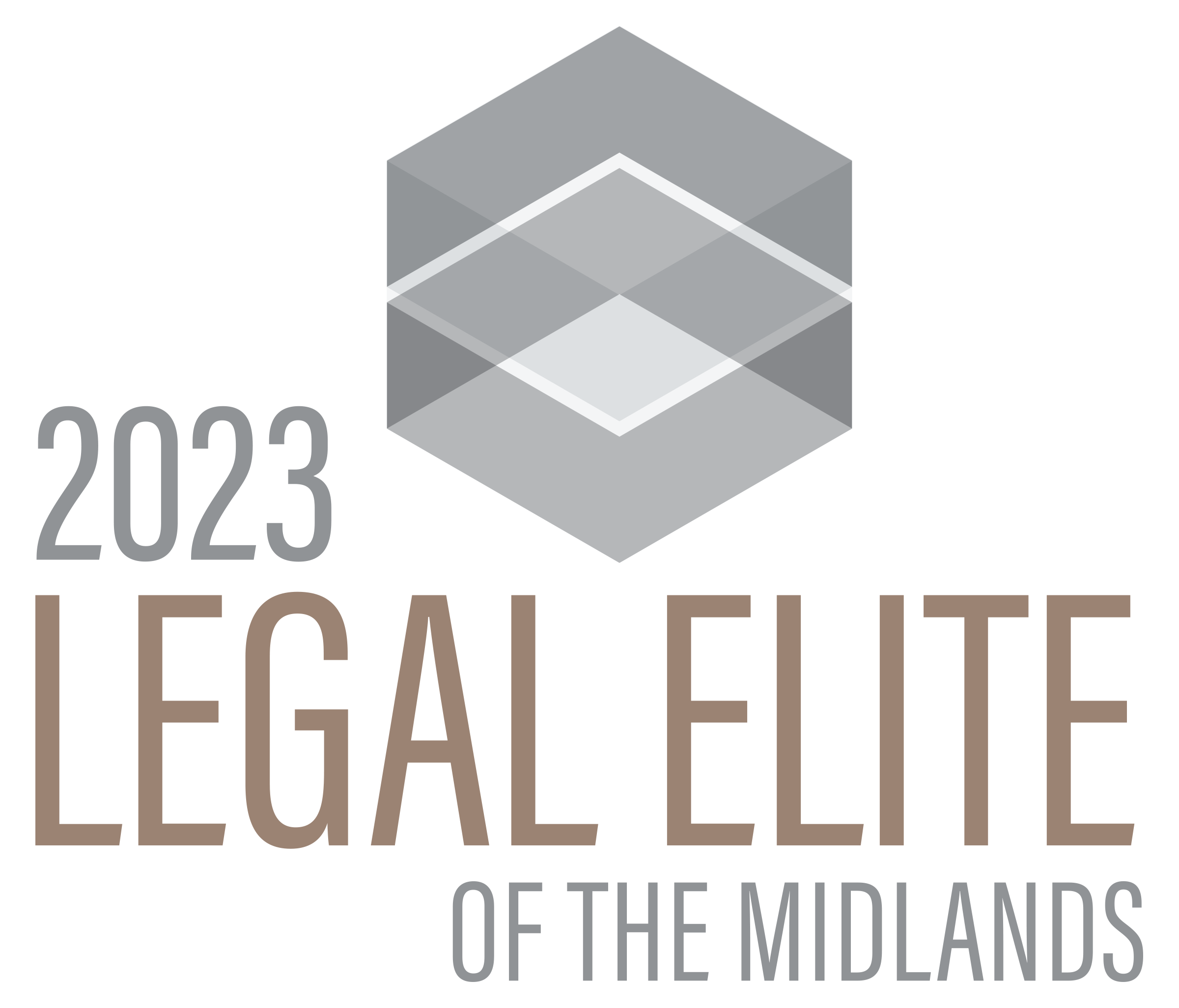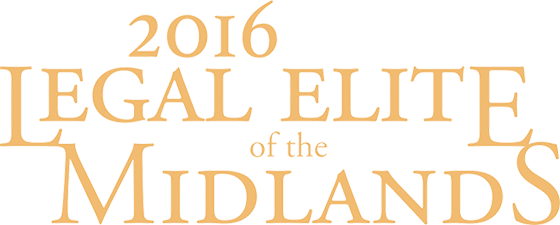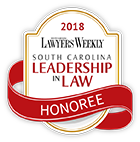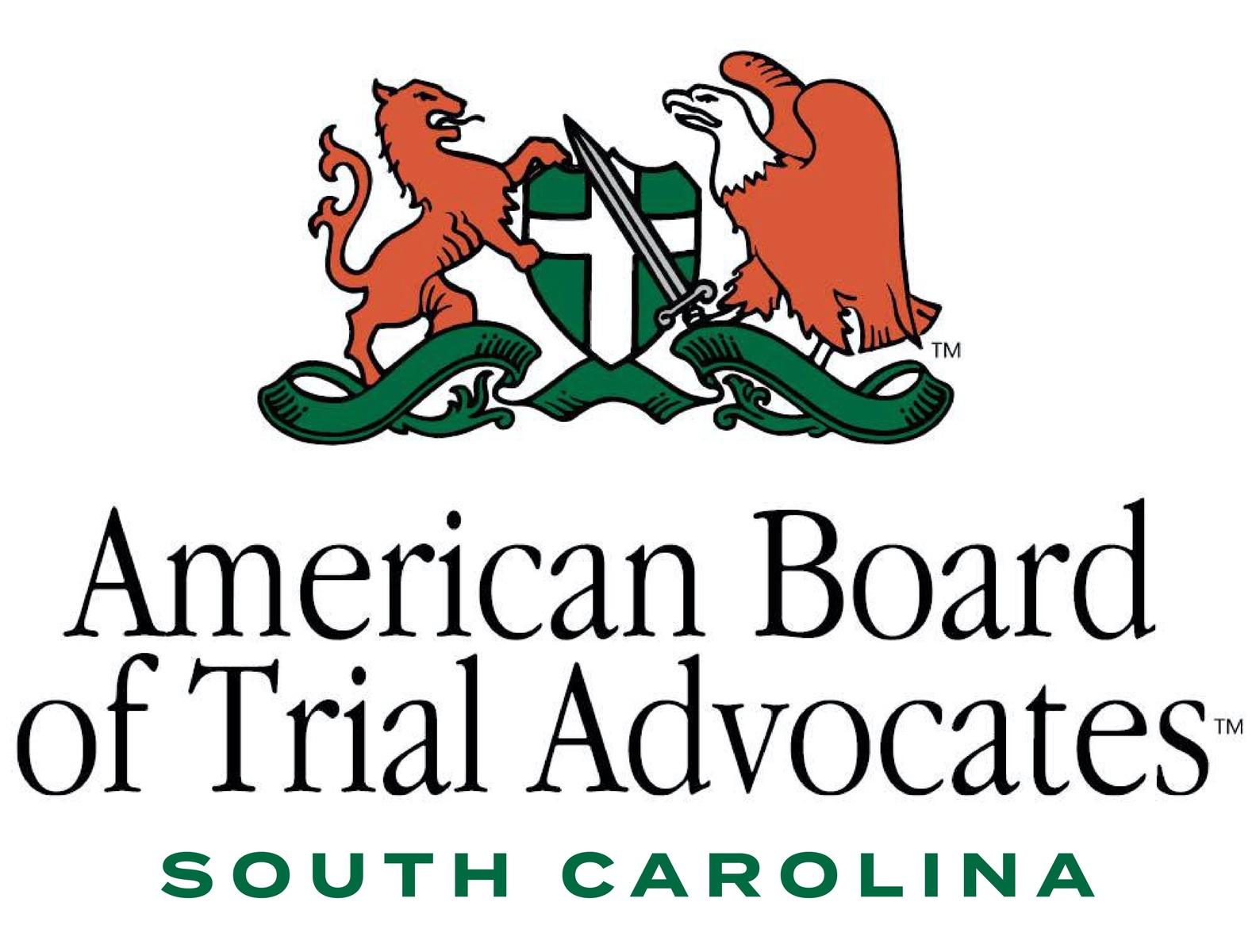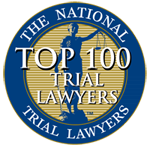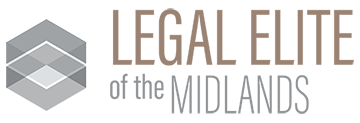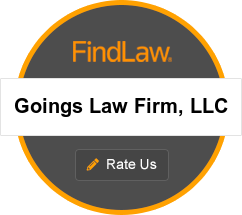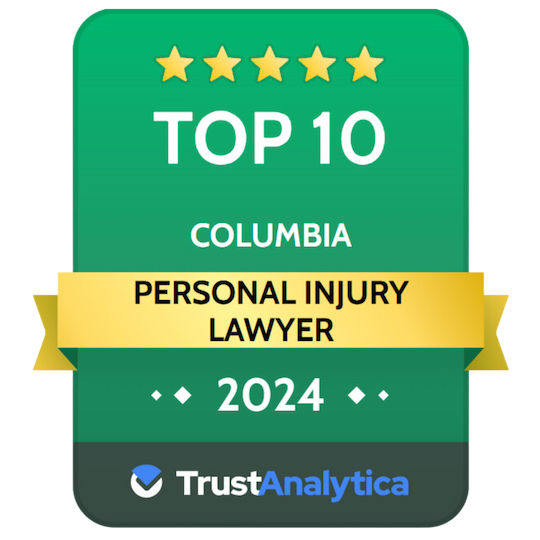After a car accident in Columbia, victims often face a barrage of medical bills for treatment of their injuries. This can leave them wondering, “Who pays medical bills in a car accident?” The answer depends on various factors, including the type of insurance coverage available and who caused the crash.
Who Pays Medical Bills in a Car Accident?
In South Carolina, the at-fault driver bears responsibility for covering the victim’s medical expenses and other losses. If another motorist caused your accident, their liability insurance should pay your medical bills. However, obtaining payment involves filing a claim and negotiating with the insurance adjuster, which can take time.
If you have medical payment coverage (MedPay) or personal injury protection (PIP) under your auto policy, you can use these benefits to pay your initial medical bills regardless of fault. Your health insurance may also cover some accident-related treatment costs, but they will likely seek reimbursement from your settlement later.
Do I Have to Pay Medical Bills Out of My Settlement?
When you receive a settlement from the at-fault driver’s insurance company, they intend for those funds to compensate you for all accident-related losses, including medical expenses. You must use a portion of the settlement to pay any outstanding medical bills and liens.
Before disbursing settlement funds, your attorney will identify all medical providers and insurers needing reimbursement. They will then negotiate with these parties to reduce the amounts owed. Once all liens and bills are resolved, your car accident lawyer will deduct their fees and costs and release the remaining balance.
Failing to pay medical bills from your settlement can have serious consequences. Providers can send unpaid accounts to collections, damaging your credit. And if your health insurer covered some costs, they can sue you directly to recoup what they paid.
What if My Medical Bills Are More Than My Settlement?
In some cases, particularly those involving severe injuries, your medical bills may exceed the available insurance coverage or settlement amount. When this happens, you may need to explore alternative options to cover the excess costs.
One possibility is negotiating discounts or payment plans directly with the medical providers. Many hospitals and doctors are willing to accept a reduced amount if you can pay a lump sum immediately from your settlement. Your attorney can handle these negotiations.
If you have health insurance, they may cover the outstanding balance after exhausting all other sources. However, you may still owe copays, deductibles, or coinsurance amounts. In cases of extreme financial hardship, some providers offer charity care programs that forgive all or part of the bill based on your income. Consult with a knowledgeable attorney to discuss your options.
Do You Have to Pay Back Insurance If You Get a Settlement?
If your health insurance company covered some of your accident-related medical bills, they can seek reimbursement from your settlement through subrogation. This means they “stand in your shoes” to recoup money from the at-fault party.
Most health insurance policies include a clause that allows them to recover any medical expenses they paid if they obtain compensation from another source, like a car accident settlement. They will assert a lien against your settlement proceeds for the amount they believe you owe.
Your attorney can negotiate with the health insurer to reduce the lien amount. In some cases, they may agree to accept a lesser percentage of the total based on the strength of your case and the available settlement funds. Experienced lawyers know how to manage these negotiations to maximize your final recovery.
It’s important to note that if you fail to repay a valid health insurance lien from your settlement, the insurer can sue you for the full amount they paid. They can also refer the debt to collections or garnish your wages until the lien is satisfied. That’s why it’s so beneficial to work closely with your attorney to resolve all liens before accepting a settlement.
How to Pay Your Medical Bills Before Receiving Your Insurance Money
Waiting for a car accident settlement can feel like an eternity when medical bills pile up. How will you keep up with treatment costs? Here are some strategies for managing medical expenses before receiving your insurance payout:
- Use MedPay or PIP – If you have medical payments coverage or personal injury protection on your auto policy, notify your insurer of the accident and request they assign a claims adjuster. You can then submit your accident-related bills to them for payment up to the policy limits.
- Submit Bills to Health Insurance – If you have health insurance, provide your policy information to your medical providers and ask them to bill your insurer directly. While you may have to pay copays and deductibles, this can help defray the overall cost.
- Negotiate Payment Plans – Contact your medical providers and explain your situation. Many will agree to accept small monthly payments or defer billing until your settlement arrives if you sign a promise to pay later. Your attorney can draft protective language in these agreements.
- Apply for Medical Hardship Programs – Some hospitals and healthcare systems offer low-income patients financial assistance or charity care. If you qualify, they may significantly reduce or waive your bills altogether. Ask your provider about these programs and how to apply.
- Explore Medical Financing Options – Companies like CareCredit offer specialized credit cards and loans for medical expenses. These typically have more lenient underwriting criteria than traditional banks, but be sure to read the fine print about interest rates and fees.
- Consider a Lawsuit Cash Advance – Some companies provide cash advances to injury victims while they await settlement. In exchange for a portion of your future recovery, they advance you money to pay bills in the interim. However, these advances often come with high fees and should only be used as a last resort.
The most important thing is to communicate proactively with your medical providers and seek help when needed. Refrain from allowing bills to languish and go to collections, as this can damage your credit and lead to legal action against you. Your car accident attorney can guide you to the best strategies for your unique financial situation.
Contact a Columbia Car Accident Lawyer Today
If you or a loved one faces mounting medical debt after a car accident in Columbia, contact the experienced injury lawyers at Goings Law Firm, LLC. We fight tirelessly to recover maximum compensation for our clients and manage the complex insurance claims process. Call us at (803) 350-9230 or reach out online for a free consultation. Let us handle the legal stress so you can focus on healing.



